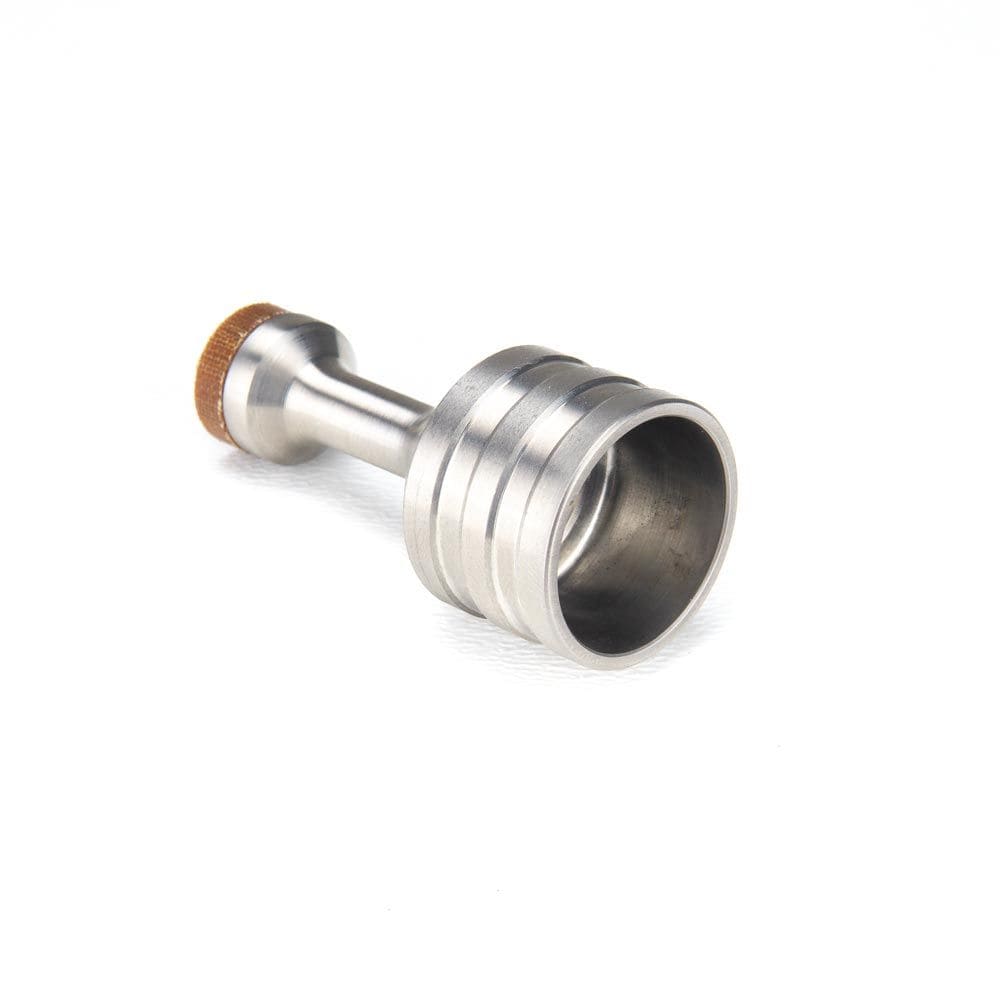To prevent such faults and ensure the reliability of the power transmission system, overhead line insulators are used. Insulators are crucial components in the electric power transmission system. They are used to isolate the energized parts of the line from the tower, grounding wire or the earth, and provide mechanical support for the electrical conductors.

Overhead line insulators are made of various materials such as glass, ceramics, and composite materials. These materials are chosen based on their mechanical, electrical, and thermal properties. The insulators are designed to withstand severe environmental conditions and provide long term performance in the field.
One of the most important properties of any insulator is its electrical resistance, which is also known as its dielectric strength. The higher the dielectric strength of the insulator, the better it is at resisting the flow of electrical current. Therefore, insulators with high dielectric strength are preferred for overhead line applications.
Another important property of overhead line insulators is their mechanical strength. These insulators are subjected to high wind loads, ice accumulation, and mechanical stresses from the conductors. Therefore, they must be able to withstand these conditions and provide reliable support for the conductors.
Overhead line insulators are also designed to resist environmental conditions such as pollution and UV radiation. Pollution can create conductive paths over the surface of the insulators, which can lead to flashovers and electrical faults. UV radiation can weaken the insulator material, reducing its mechanical strength and dielectric strength over time.
To address these challenges, manufacturers of overhead line insulators have developed various types of insulators, such as suspension insulators, post insulators, and pin-type insulators. These different insulator types offer unique features and are designed to meet specific application requirements.
Suspension insulators are used in applications where high mechanical strength is required. They are used to suspend the conductors from the towers and provide stable support even under severe weather conditions.
Post insulators are used in applications where electrical isolation is required. They are used to support the conductors in vertical applications, such as in substation equipment.
Pin-type insulators are used in applications where low contamination and high mechanical strength are required. They are used to support the conductors in low-voltage applications, such as in distribution lines.
In conclusion, overhead line insulators are critical components in the electric power transmission system. They provide electrical insulation, mechanical strength, and environmental resistance, ensuring reliable power transmission under harsh environmental conditions. As such, choosing the right overhead line insulator for your application is essential to ensuring reliable and stable power transmission.